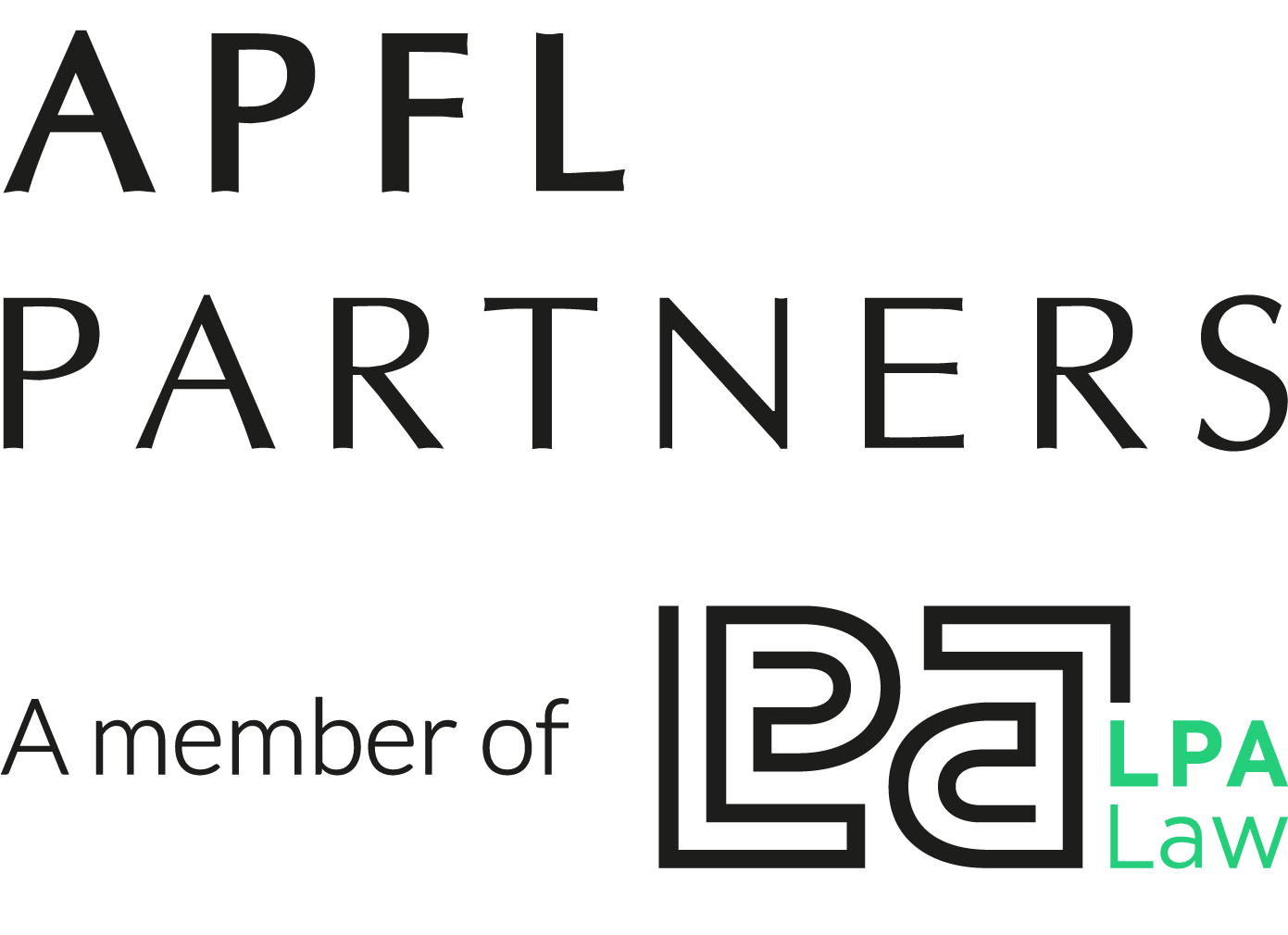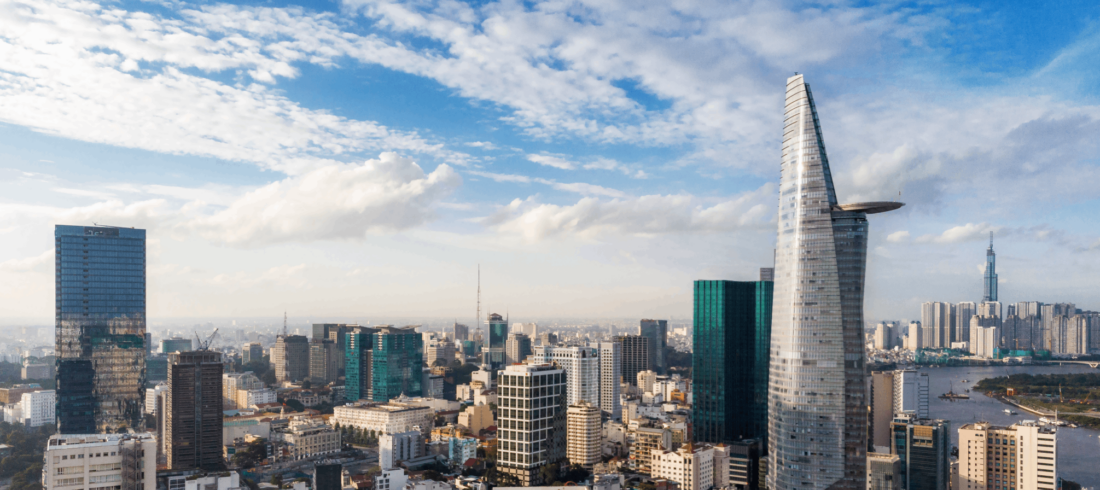Front-end Engineering Design (FEED) in National Infrastructure Projects

On 18 March, APFL Partners attended a seminar on front-end engineering design (FEED) in feasibility studies, cost estimation, and contract template selection for rail infrastructure projects in Vietnam.
Organised by the Vietnam Construction Law Association together with the Department of Economics – Construction Investment Management, Ministry of Construction (MOC), the event brought together speakers and attendees from the MOC and private enterprise to discuss the construction of urban rail projects and learn from international best practice.
Background
As we highlighted back in December 2024, the government is planning various major rail infrastructure projects, including a 1,500 km north-south line between Hanoi and HCMC. With construction set to begin in 2027, the first high-speed trains are scheduled to depart from 2035, passing through 20 cities and provinces at 350 km per hour, with 23 stations along the route.
FEED in Vietnam
FEED is an international-standard technical design phase for technology-intensive projects. Once investment has been agreed, FEED outlines the technical requirements, equipment specifications, materials, and construction solutions needed to complete a project.
The Law on Construction No. 16/2003 stipulated that there should be between 1 and 3 design stages for a project. This was broadened in 2014 to include multiple stages. Then, in 2015, the first mention of FEED came in Decree 37/2015/ND-CP before the Law on Construction No. 62/2020 positioned FEED as the first stage in the design process. Later, Decree 51/2021/ND-CP provided further detail on FEED, which replaced basic design in feasibility studies following Resolutions 172/2004 and 188/2025.
Therefore, FEED now represents the second stage in the process: (i) preliminary design; (ii) FEED; (iii) detailed design; (iv) construction, installation, and commissioning; (v) operation and maintenance; (vi) upgrading and decommissioning.
To date, FEED has been used in large-scale infrastructure projects such as oil refineries, thermal power plants, and offshore oil and gas rigs. However, apart from the HCMC metro line 2, where foreign consultants implemented it, FEED remains uncommon in Vietnamese rail infrastructure projects.
Legal and practical uncertainties
Some legal uncertainties remain around various aspects of FEED and its implementation in infrastructure projects in Vietnam:
- A lack of clear standards: FEED remains a novel concept in Vietnamese law. Although it was introduced in the Law on Construction and Decree 175/2024/ND-CP, there is a lack of implementing circulars outlining design requirements, standards, and best practice for rail projects.
- A lack of clarity on consultancy fees: While Article 31 of Decree 10/2021/ND-CP defines consultancy fees for the preparation of feasibility studies, where design is a basic component, it does not mention FEED.
- Confusion between regulations in contract templates: FIDIC contract templates are required in Decree 37 and Circulars 11/2016/TT-BKHDT and 22/2024/TT-BKHDR. However, Circular 02/2023/TT-BXD proposes using MOC contracts.
On top of these legal uncertainties, other practical issues include a lack of FEED skills and understanding among the local workforce, creating a barrier to knowledge transfer; limited FEED funding; and the need for consultants to meet MOC’s detailed guidance, creating additional time and cost burdens.
Next steps for investors
The meeting proposed that MOC issue specific guidelines on FEED documentation, content requirements, and consulting fees; establish a dedicated financing mechanism; develop national technical standards; enhance national and international cooperation for knowledge transfer; and confirm which template contracts should be used for EPC projects.
This issue will be of particular importance for foreign investors interested in bidding for contracts on the multi-billion-dollar rail infrastructure projects that form the backbone of Vietnam’s transition to low-carbon, high-speed rail.
The team at APFL Partners will continue to monitor this issue as it develops, providing regular updates to our clients on the content of the government decree and the tender process for feasibility studies as soon as either becomes available. For more information about FEED, or bidding for infrastructure projects in Vietnam, please contact us on: contact@apflpartners.com
Disclaimer: This article and its content are for information only and are not given as legal or professional advice. they do not necessarily reflect all relevant legal provisions with respect to the subject matter. Readers should seek legal or professional advice before taking or refraining to take any action.


